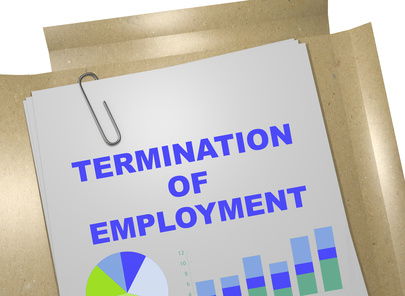Imagine this. You have an accident at work. At the time, you make a statement to your employer. But you’re in shock and pain, and your statement isn’t accurate. Later, you change your statement to reflect the reality of the situation, but your employer fires you for lying. 
That’s what happened to George Hope who worked in the warehouse at United Biscuits.
On 11 April 2018, he stepped off a pallet and sustained a double fracture to his ankle. Initially, he told a manager he’d tried to ‘step over’ the pallet. He wrote this statement down and signed it before he was taken to hospital.
The manager obtained statements from other employees, including one from Robert Barton who said George had slipped off the pallet.
The company initiated a health & safety investigation.
On reviewing the CCTV footage, it was apparent that George had climbed onto an upturned pallet to turn down the radio and fell off.
In a phone interview on 19 April while he was off work, George was on strong painkillers. He said he “couldn’t remember” exactly how the accident happened, but that he’d told his manager he had “walked off the pallet and twisted his ankle”.
In a subsequent call on 26 April, George was told about employee statements saying he’d put down a pallet and tripped over it. He said he didn’t think that was what happened.
In a meeting on 9 May, George was asked why he’d said he tripped over a pallet when the CCTV showed he’d fallen off one and was asked if he wanted to change his statement. George said there was nothing to change.
On 10 May, George was suspended from work for providing a false statement.
United Biscuits felt George had carried out an unsafe act, lied about it, and then colluded with a colleague to misinform other employees. On 29 May, he was sacked for gross misconduct.
His appeal was refused, so George made a claim for unfair and wrongful dismissal.
The Glasgow tribunal upheld his claim because United Biscuits had ignored the fact that George was in significant pain when he made his initial statement and that he’d subsequently given a more accurate description of events.
George was awarded £7,844.87 for loss of wages.
What this means to you
If you suffer an accident at work, your employer will gather evidence to use during any investigation and disciplinary procedure. The evidence must be used in a reasonable and fair way if they decide to dismiss you.
In George’s case, his employer put too much emphasis on the initial statement that was made while George was in pain, and not enough on his subsequent statements which were more accurate.
If you lose your job through alleged gross misconduct, give us a call and we’ll let you know whether you might be able to make a claim for unfair or wrongful dismissal.
Need help?
For a free initial review of your case, call 0808 168 7288 or complete a Free Online Enquiry.
We have already helped thousands of people to win millions of pounds in compensation.
You have a choice of ways to pay, including ‘no win, no fee’.
